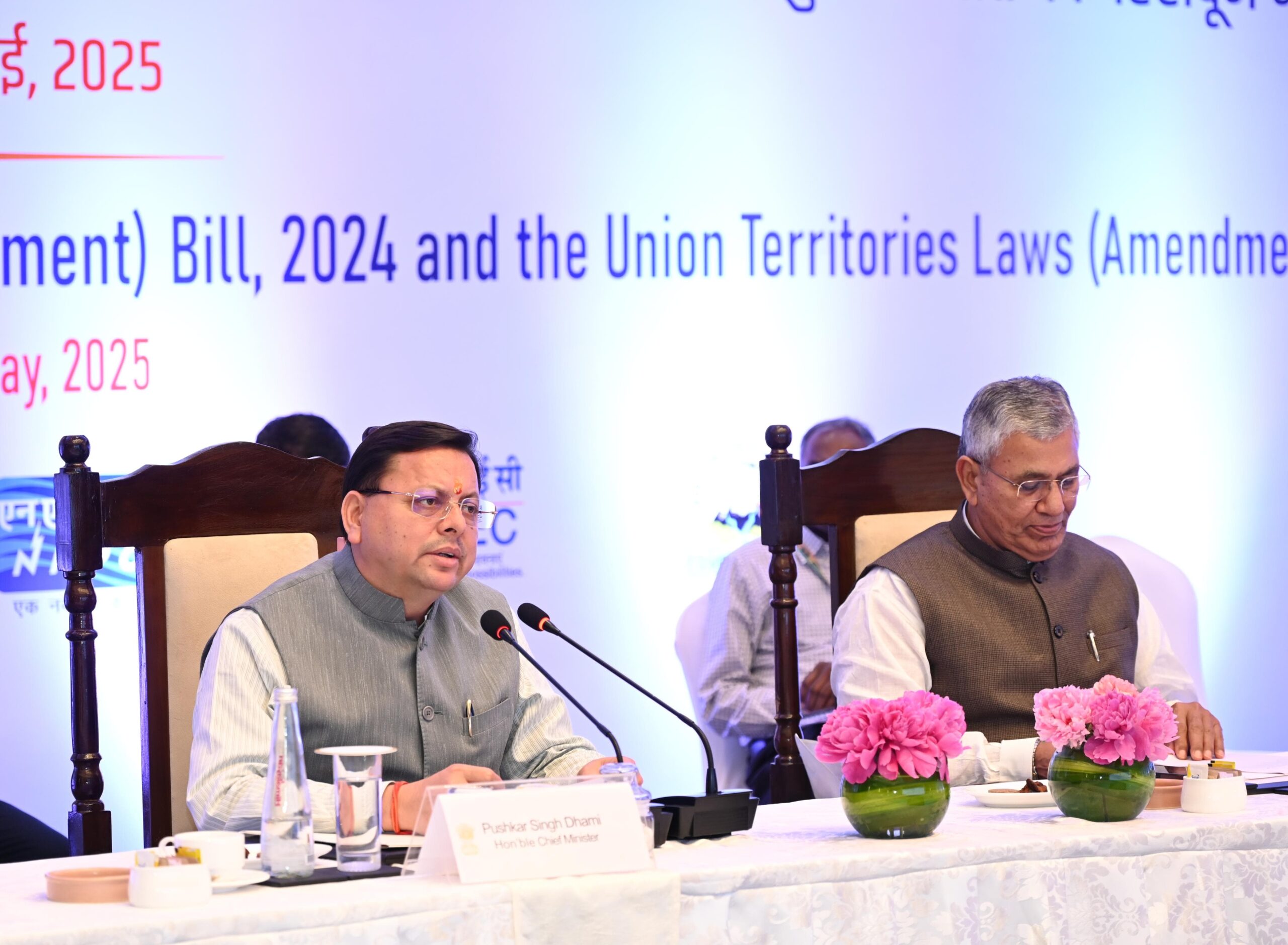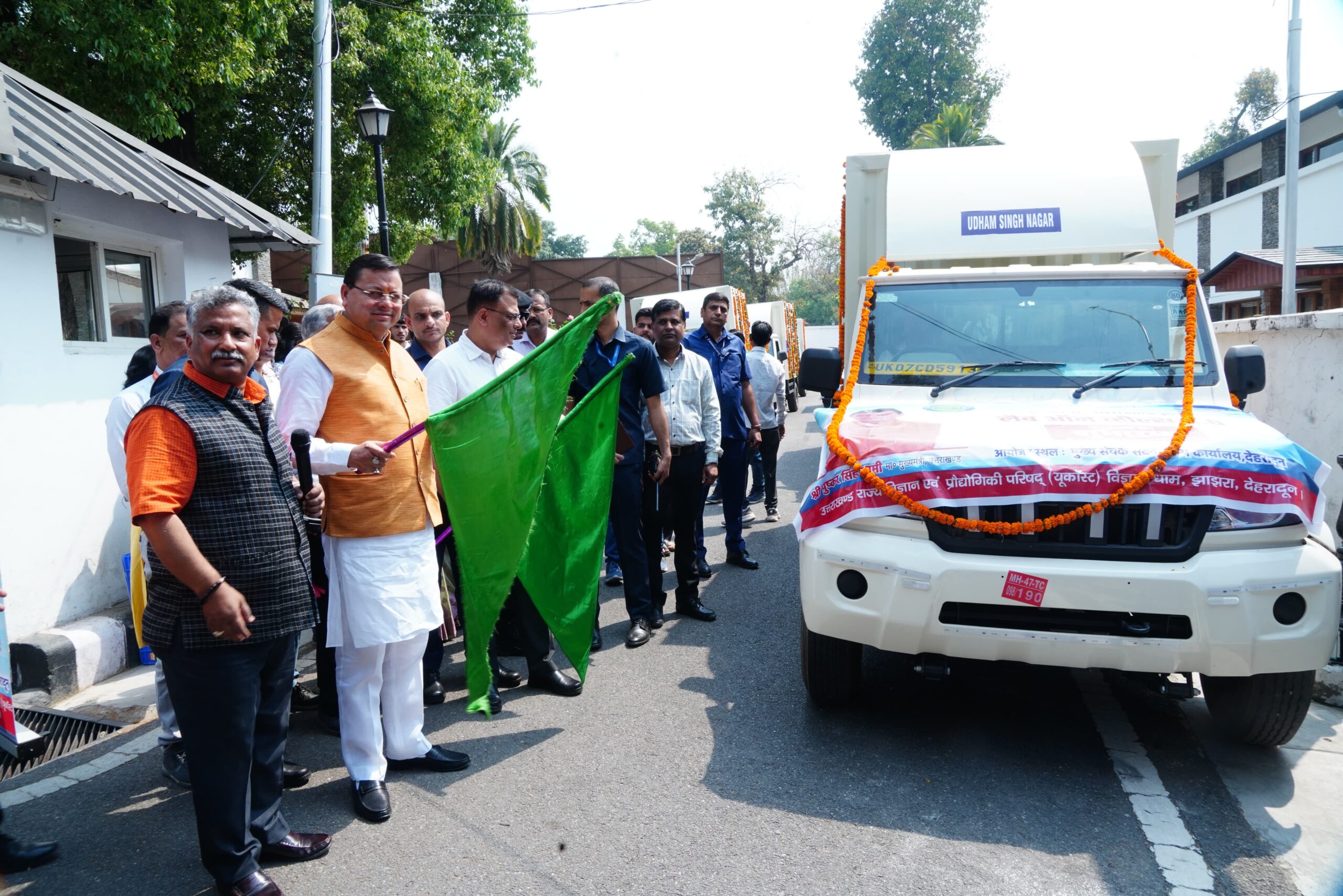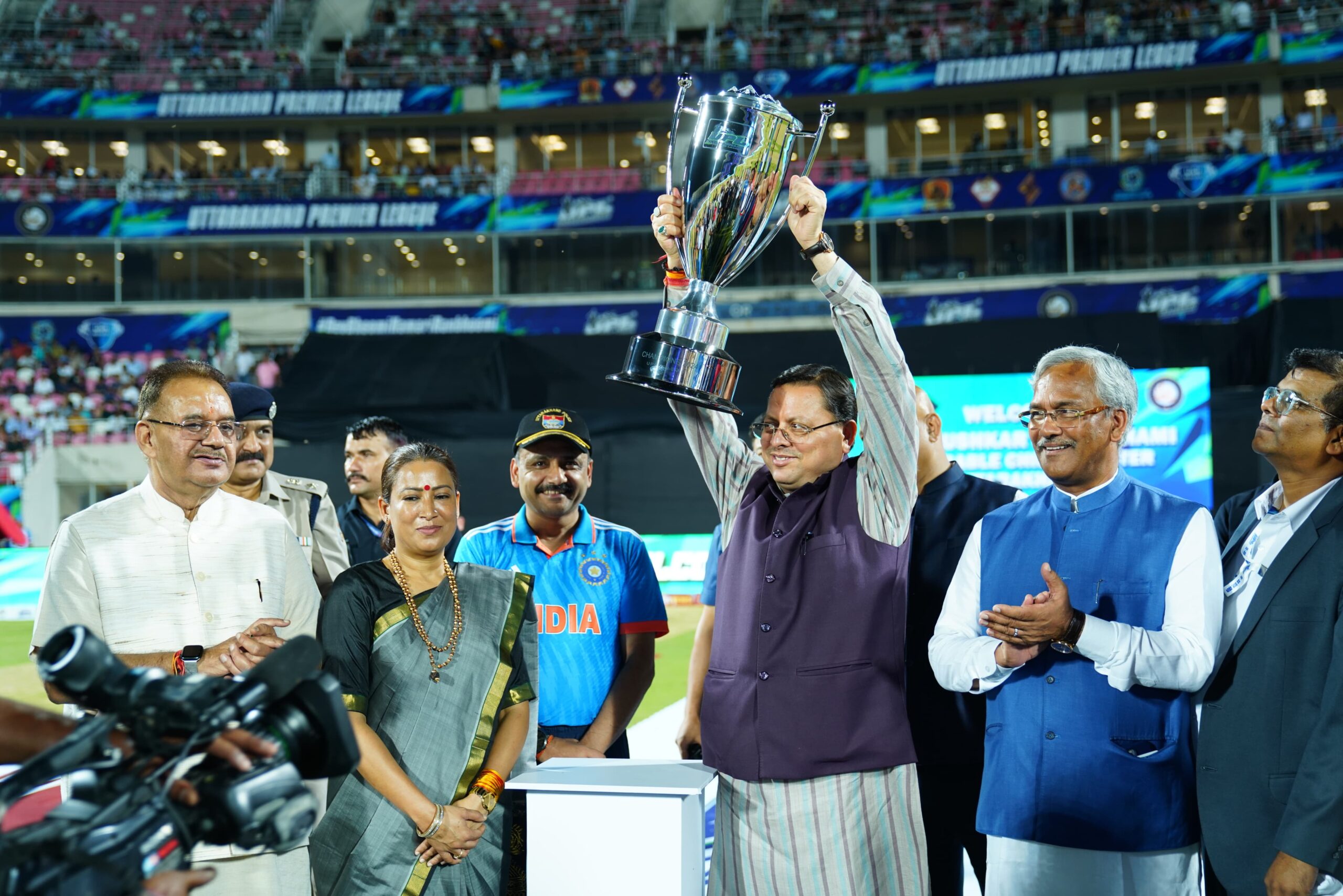DEHRADUN: Uttarakhand Chief Minister Pushkar Singh Dhami emphasized the importance of the “One Nation, One Election” initiative during a dialogue session with the Joint Parliamentary Committee held on Wednesday at a hotel on Mussoorie Road. The event saw the participation of committee chairman PP Chaudhary and other members, who were warmly welcomed by the Chief Minister.
Speaking on the occasion, CM Dhami described the initiative as a significant step toward making India’s democratic processes more robust, efficient, and inclusive. He noted that while the country’s electoral system has remained strong despite its vast diversity, frequent and separate elections lead to repeated impositions of the Model Code of Conduct. This, he said, brings state administration to a standstill each time.
Dhami highlighted that during the past three years, Uttarakhand’s administrative machinery remained restricted for approximately 175 days due to the enforcement of election-related codes of conduct for assembly, Lok Sabha, and municipal elections. “For a small state with limited resources, losing nearly six months of policy-making time is a major setback,” he said.
He further pointed out the financial implications of holding separate elections. “While the state bears the cost of assembly elections and the Centre funds the Lok Sabha polls, simultaneous elections would reduce the financial burden on both. An estimated 30 to 35 percent of total election-related expenses could be saved, funds that could then be redirected to sectors like health, education, infrastructure, agriculture, and women empowerment.”
The Chief Minister also raised practical concerns specific to Uttarakhand. “Elections during the Chardham Yatra season (June to September) and the monsoon create serious logistical challenges. Similarly, the last quarter of the financial year (January to March), which coincides with board examinations, adds pressure on administrative resources.”
Given the difficult terrain and remote locations in Uttarakhand, Dhami said that organizing elections is a complex and resource-intensive task. “Frequent elections not only increase logistical challenges but also reduce voter enthusiasm and participation, especially in mountainous areas.”
He concluded by asserting that “One Nation, One Election” is not only administratively sensible but also crucial for ensuring democratic engagement and governance efficiency, particularly in geographically challenging states like Uttarakhand.



